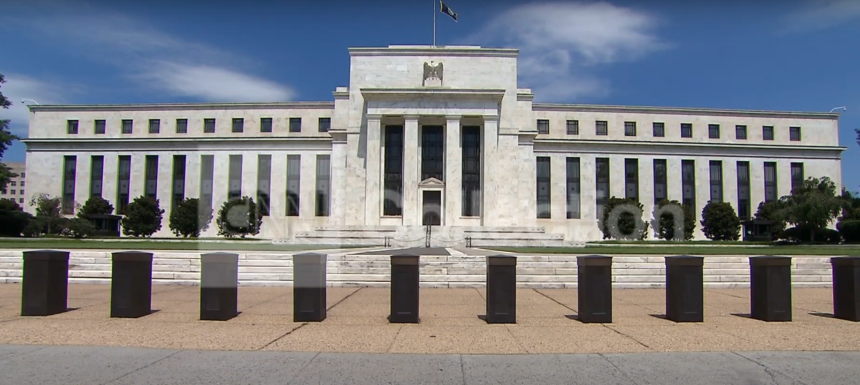John Harold Rogers, a former senior adviser in the Federal Reserve’s Division of International Finance, was recently arrested on January 31, 2025, facing serious allegations of economic espionage and making false statements to federal authorities. The U.S. Department of Justice has accused Rogers of illegally passing sensitive financial information and trade secrets to individuals associated with the People’s Republic of China (PRC). His arrest has sparked widespread concern regarding national security and the protection of classified economic data within the United States. Rogers, aged 63, was a highly respected economist who served at the Federal Reserve from 2010 to 2021. His tenure at the Fed primarily involved working on economic policies, financial stability, and international trade affairs. However, reports indicate that starting in 2018, he allegedly began to leak classified economic data, including Federal Reserve trade secrets, interest-rate deliberations, and financial forecasting models, to Chinese contacts. Investigators claim that his actions were deliberate, well-planned, and aimed at benefiting Chinese economic interests.
According to the Justice Department, Rogers deliberately concealed his interactions with Chinese operatives under the pretense of academic collaborations and guest lectures. Federal prosecutors state that he engaged with Chinese officials who posed as graduate students and research scholars, providing them with highly confidential information about U.S. monetary policy and economic forecasts. In exchange for his cooperation, Rogers allegedly received financial compensation, including luxury travel arrangements and undisclosed cash payments. The indictment alleges that Rogers repeatedly misled federal investigators when questioned about his foreign contacts. The Federal Reserve Board’s Office of Inspector General (OIG) found multiple inconsistencies in his statements, which ultimately led to his indictment. The Justice Department has further revealed that classified documents were retrieved from his electronic devices, linking him to unauthorized communications with Chinese entities.
This case is yet another example of foreign governments attempting to exploit vulnerabilities within U.S. institutions to gain access to classified financial intelligence. Experts warn that economic espionage is becoming an increasing threat, especially as geopolitical tensions between the United States and China continue to escalate. The FBI has emphasized that the protection of sensitive economic data is a critical national security priority and that any breach in confidentiality could have far-reaching consequences on financial markets and policy decisions. China has denied any involvement in the case, with its embassy in Washington issuing a statement that they were unaware of Rogers’ activities but insisted that China upholds international laws and does not engage in espionage. However, many U.S. officials and security analysts remain skeptical, citing previous cases where Chinese operatives have been caught attempting to illegally acquire U.S. trade secrets, intellectual property, and government data.
If convicted, John Harold Rogers could face severe penalties, including a lengthy prison sentence and significant financial repercussions. The charges against him include economic espionage, making false statements, and unauthorized disclosure of trade secrets. The case is being handled by federal prosecutors in Washington, D.C., with close coordination from the FBI’s counterintelligence division. Rogers is expected to appear in court for a detention hearing next Tuesday, where prosecutors will argue for him to be held without bail due to the seriousness of the charges and potential flight risk.
The arrest of a former senior adviser within the Federal Reserve raises major concerns about internal security measures and the safeguarding of classified economic intelligence. As one of the most powerful financial institutions in the world, the Federal Reserve plays a crucial role in shaping U.S. monetary policy, and any breach of its confidentiality could be damaging to financial markets, interest rate stability, and global economic forecasts. Security analysts are urging stronger counterintelligence protocols within financial institutions to prevent similar incidents from occurring in the future. The Federal Reserve is now reviewing its internal security practices, implementing tighter regulations for data access, and reinforcing screening measures for employees with exposure to sensitive information.
The arrest of John Harold Rogers for allegedly passing U.S. economic secrets to China is a stark reminder of the growing threats posed by economic espionage. As financial intelligence becomes an increasingly valuable asset in global affairs, ensuring the security of trade secrets and monetary policies is now more critical than ever. The case highlights the need for greater oversight, stricter counterintelligence measures, and stronger penalties for those who compromise national security. As the investigation unfolds, the world will be closely watching how the U.S. government handles this high-profile espionage case and what measures will be taken to prevent future breaches of financial security.






